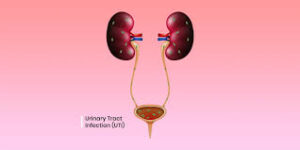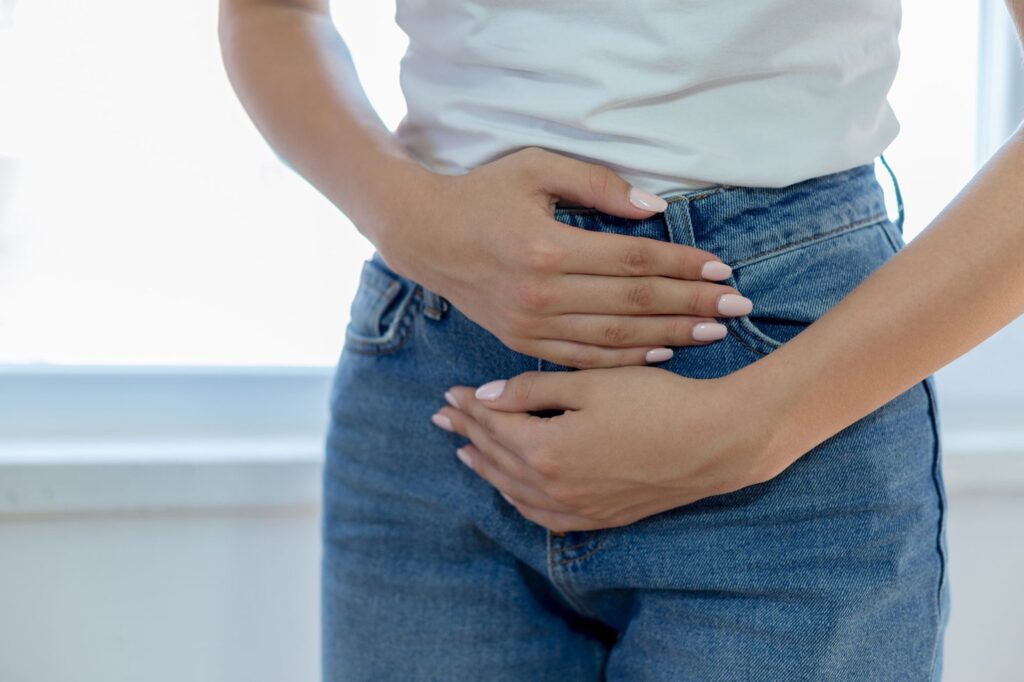Dealing with a urinary tract infection (UTI) can be uncomfortable, but there are ways to ease the symptoms and support your recovery right at home. However, it’s essential to approach these remedies with caution and always seek advice from your doctor before attempting anything new. In this article, we will explore seven home remedies that may help alleviate the painful symptoms of a UTI, such as burning during urination and frequent bathroom visits. From staying hydrated to practicing good hygiene, these remedies can provide relief, but remember, your healthcare provider should always be consulted for proper diagnosis and treatment.
What are urinary tract infections (UTIs)?
UTIs, or urinary tract infections, are caused by bacteria entering the urinary tract, which includes the kidneys, bladder, and urethra. The urinary tract’s main job is to create and store urine. When bacteria from the skin or rectum enter through the urethra and travel to the bladder, it can lead to a UTI. The most common types of UTIs are bladder infections (cystitis) and kidney infections (pyelonephritis).

- Symptoms of UTIs include:
- needing to urinate more often than usual
- Pain or discomfort when urinating
- Sudden urges to urinate
- Feeling unable to fully empty the bladder
- Pain in the lower abdomen
- Cloudy, foul-smelling, or bloody urine
- General feelings of being unwell, achy, and tired
It is important to recognize the signs of UTIs and seek medical help if you experience any of these symptoms.
Home Remedies for Urinary Tract Infections
The best way to treat a UTI is by taking antibiotics prescribed by a doctor. However, there are also some things you can do at home to feel better and possibly prevent UTIs in the future.
1. Get Your Fill of Water and Water-Based Foods
When you have a urinary tract infection (UTI), it’s important to drink lots of water. This can help get rid of the bacteria causing the infection. The National Institute of Diabetes, Digestive, and Kidney Diseases (NIDDK) suggests that drinking enough water can help you get better. They recommend drinking six to eight glasses of water every day when you have a UTI. So, remember to stay hydrated to help your body fight off the infection and feel better!
2. Soothe UTI Pain With Heat
When you have a urinary tract infection (UTI), it can make you feel a burning sensation, pressure, and pain in your lower abdomen. Dr. Kandis Rivers, a urologist, suggests using a heating pad to help ease the discomfort. Make sure to keep the heat on low, don’t place it directly on your skin, and only use it for up to 15 minutes at a time to prevent burns.
3. Cut Bladder Irritants From Your Diet
When you have a UTI, certain things like caffeine, alcohol, spicy foods, nicotine, fizzy drinks, and artificial sweeteners, might make your symptoms worse. However, the effect can vary from person to person, as per the Cleveland Clinic. Instead, it’s a good idea to eat healthy foods, like high-fiber carbs, that are good for your digestive system, suggests Holly Lucille, a naturopathic doctor in California.
4. Go Ahead, Empty Your Bladder Again
When you go to the bathroom and pee, you are helping to get rid of the bacteria that are causing the infection. It is important to keep going to the bathroom, even if you only have a little pee. Drinking enough water during a UTI helps flush out the bacteria and speeds up your recovery.
5. Consider Supplements for Extra Possible Support
Probiotics and d-mannose are two potential supplements that can help support recovery during a urinary tract infection (UTI). Probiotics, with strains like Lactobacillus and Bifidobacterium, can restore normal vaginal bacteria and reduce the risk of recurring infections. D-mannose, a sugar found in cranberries, may prevent bacteria from sticking to the urinary tract lining. Some studies suggest it can be as effective as antibiotics for treating bladder infections in women, but more research is needed. Always consult your doctor before trying any supplement, as they can have side effects or interact with other medications. It’s important to follow your doctor’s advice for the best treatment for your UTI.
6. Change to Healthier Daily Habits
Making some changes to your daily habits can be really important in helping your body recover from a urinary tract infection (UTI) and possibly preventing another one. Here are some tips from the National Institute of Diabetes and Digestive and Kidney Diseases (NIDDK):
1. Quit smoking: Smoking can weaken your immune system, making it harder for your body to fight off infections like UTIs.
2. Wear loose cotton clothing and underwear. Tight clothes and synthetic fabrics can trap moisture and bacteria, potentially leading to UTIs. Cotton allows your skin to breathe and helps keep you dry.
3. Wipe from front to back. This simple practice can help prevent bacteria from entering your urethra and causing an infection.
4. Use fragrance-free personal hygiene products: Some scented products can irritate your sensitive areas, making you more susceptible to infections. Choosing fragrance-free products can help maintain a healthy balance.
By making these lifestyle changes, you can take steps to improve your overall health and reduce your risk of UTIs.
7. Cut Back on Meat and Poultry
Eating contaminated poultry and meat could lead to E. coli bacteria strains that might cause UTIs. This doesn’t mean that eating these foods will definitely give you a UTI, as some E. coli in our bodies don’t cause harm. However, the bacteria can move from the gut to the urinary tract and cause an infection. Women are at higher risk than men because their urethras are shorter, making it easier for bacteria to reach the bladder. Reducing meat intake and focusing on fruits and vegetables could slightly lower the chance of getting a UTI. A study found that vegetarians had a 16% lower risk of UTIs compared to non-vegetarians.
A Note About Cranberry Juice and UTIs
Cranberry juice and cranberry extract are popular home remedies for UTIs. Some studies suggest that the proanthocyanidins in cranberries could help prevent bladder infections by stopping bacteria from sticking to the bladder wall. However, there is debate among scientists about how effective cranberry juice is in preventing UTIs due to conflicting research results.
A recent analysis of 50 studies found that cranberry juice or supplements may reduce the number of UTIs in women who often get them, in children, and in people who have had bladder procedures. This suggests that cranberry might help prevent UTIs in these specific groups, but not necessarily treat or cure them faster. It’s always good to choose unsweetened cranberry juice to avoid feeding a bacterial infection with sugar.
In conclusion, while there is some evidence that cranberry may be helpful, it’s important to remember that it may not work for everyone. It’s worth a try, but make sure to consult with a healthcare professional before using it.
Are Bananas Good for UTIs?
Bananas do not cure UTIs, but they are considered bladder-friendly because they are unlikely to irritate your bladder.
Can drinking apple cider vinegar treat UTIs?
A recent study suggested that apple cider vinegar may have some ability to fight bacteria and fungi. However, it’s important to note that there is no concrete scientific proof that drinking apple cider vinegar can cure urinary tract infections (UTIs). In fact, consuming excessive amounts of apple cider vinegar can potentially cause irritation in the throat and lead to tooth decay. So, it’s best to consult a healthcare professional for proper treatment if you suspect you have a UTI.
Conclusion:
In conclusion, while dealing with a urinary tract infection (UTI) can be uncomfortable, there are home remedies that may help ease the symptoms and support your recovery. It is important to approach these remedies cautiously and consult your doctor before trying anything new. In this article, we have discussed seven home remedies that can provide relief from the painful symptoms of a UTI, like burning sensation during urination and frequent trips to the bathroom. Remember to stay hydrated, maintain good hygiene, and seek advice from your healthcare provider for the right diagnosis and treatment.

